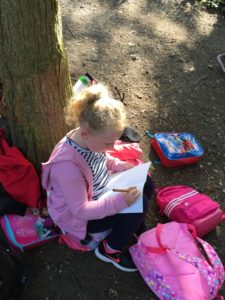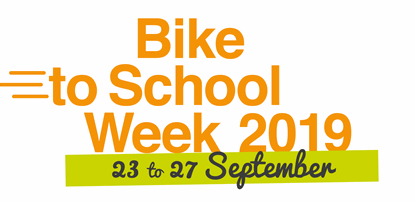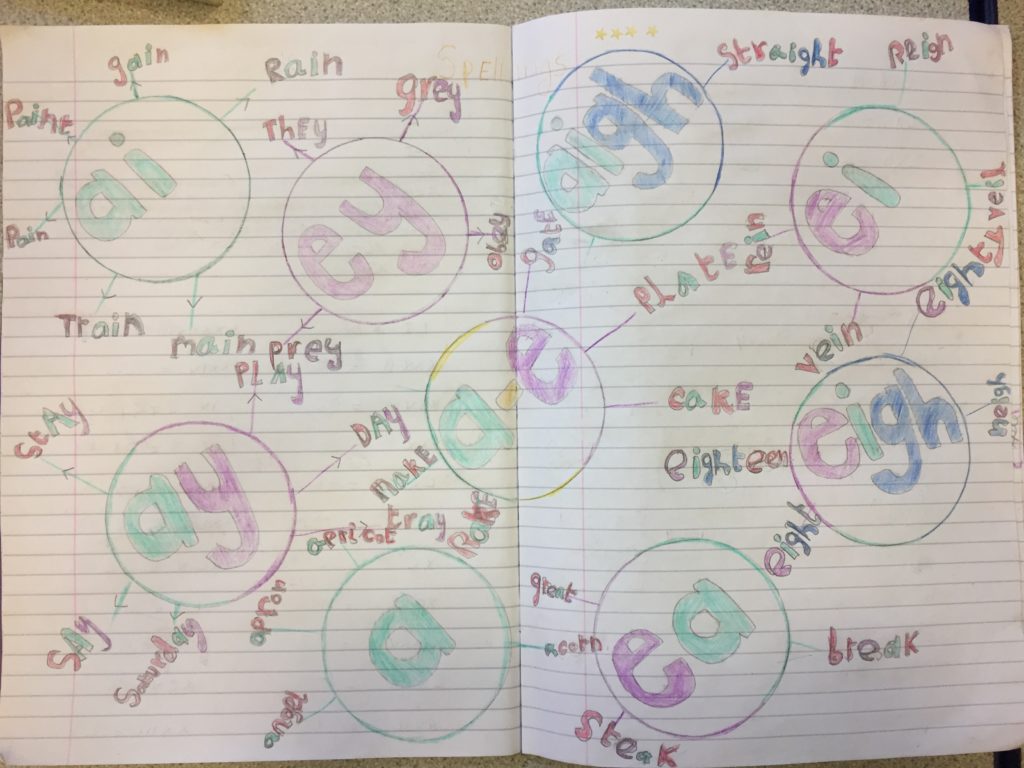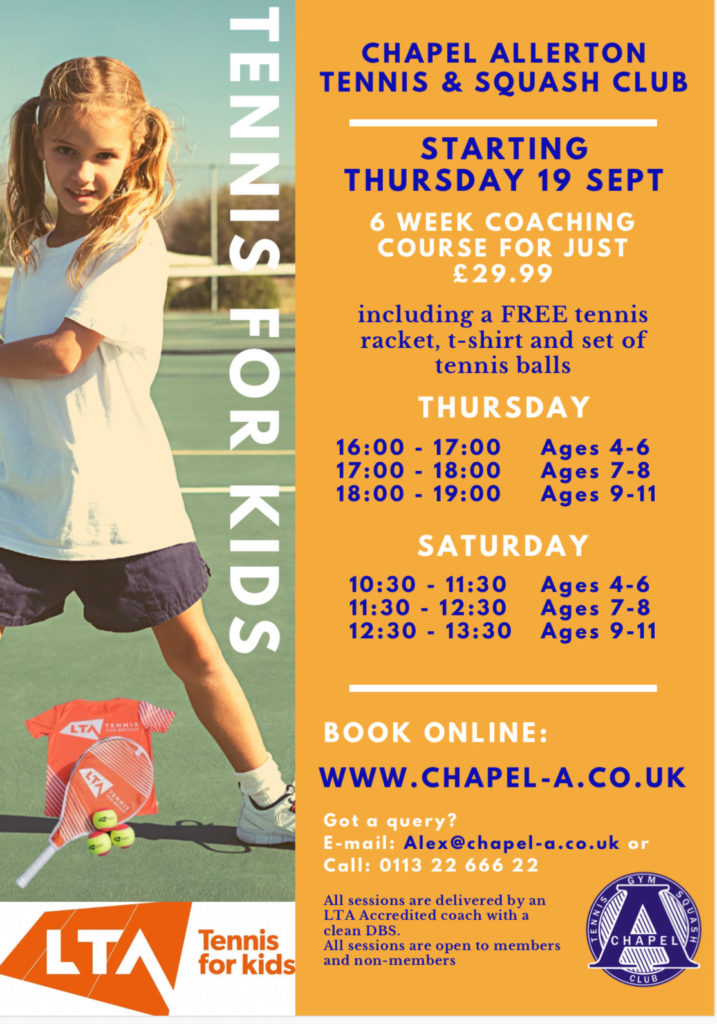Aldi Kit for Schools
Aldi’s Kit for Schools promotion is giving twenty primary schools the chance to win £20,000 to kick-start a health legacy for their school.

What’s more, every school who enters by completing their Aldi’s Kit for Schools poster will also receive an exclusive school sports kit! Help us collect stickers with every £30 you spend in store and fill up our school’s poster to give us a chance to win. Please bring your stickers to the school office before the promotion ends on the 3rd November. Thank you for your support.


Maths in the trees
Continuing our treehouse design, we got down to the nitty-gritty this week, thinking about how wide our platform would need to be to fit on our mini tree and how tall our ladder will have to be to reach the branches.
First, we had to measure how high and how wide our tree is before measuring certain parts for the different design criteria we need to meet.




Go Ape – What a Great Day!
Year three and four had a brilliant day at Go Ape in Temple Newsam last Friday – and not just because we were very lucky with the weather.
For half of the day, we explored the woodlands, creating mazes out of sticks and mini dens which helped us think about constructing from natural materials like we will be when making our treehouses. Some of us chose to create some art inspired by nature.





The other half of the day was spent amongst the branches on the Go Ape course. The children had a great time with many conquering fears around every corner. Lots of the children noticed how the equipment had been constructed too and talk about how they could use that idea to help their treehouse construction at school.





Themed menu
Catering Leeds, our school meal provider, will be running a special themed menu on Thursday 3rd October. Please contact the office, as soon as possible, if your child would like a school meal on this day (no action needed if your child normally has a school meal on this day).

Bike to School Week
This week, it is Bike to School Week. Bike to School Week is a week long event designed to showcase the benefits of cycling to school.

Have you been inspired by the current UCI Road World Championships to get on your bike? Could you make biking to school one of your active methods of travelling to school this week?
To link with Bike to School week, our Year 1 class will be completing their Balance, Pedal, Go bike training this week.
If you are wanting to explore the area further by bike, this West Yorkshire Cycle map can help to find recommended routes.
Finally, have you visited the local Brownlee Centre? Take a look at some of their Let’s Ride sessions.
Super Homework
We’re enjoying our weekly homework reviews where we share our home learning with each other and Miss Rushbrooke gets to enjoy it too. When our homework has impressed, we get stars which we can add to our star charts.
Here’re some examples of homework and spelling practice that has impressed us so far this year.




The Design Process
We’re moving ever-closer to making our treehouses. Today, we found out the groups we’re working in and the ‘tree’ we’re working with. Having explored the sorts of materials and tools that will be available to us, we had a go at a first design.




Tennis for Kids
Chapel Allerton Tennis and Squash Club are launching their Tennis For Kids courses at the club from this week (Thursdays and Saturdays).
These sessions are aimed at children between 4 and 11 years old. and both members and non-members are welcome to attend.
Tennis For Kids is a great way for kids to learn the basics of the game whilst having fun and interacting with other children at an affordable price.

How can we build strong structures?
In preparation for our treehouse creation next week, we had a go at following some instructions to build a range of structures out of lollipop sticks. Some of our building was successful and we got some great ideas for our treehouse designs.




Not all of our building went well. However, our failures weren’t useless as we learnt what not to do or what to improve in order to build a treehouse out of lollipop sticks.
Planning Writing
This week, we’re writing diary entries about our exploration of the 13 Storey Treehouse. Today, we got our imaginations going and planned what we’d write about using notes and pictures.

